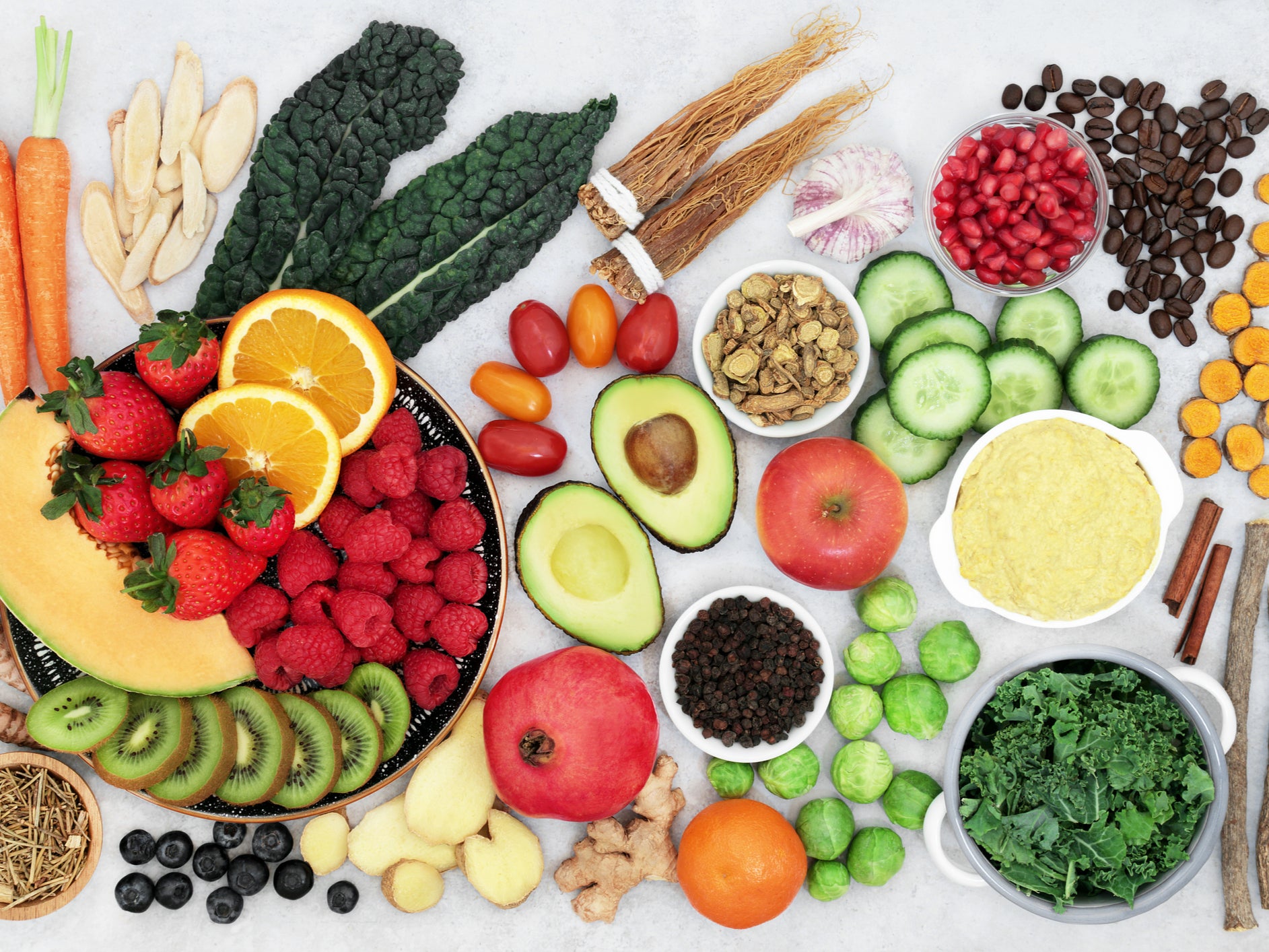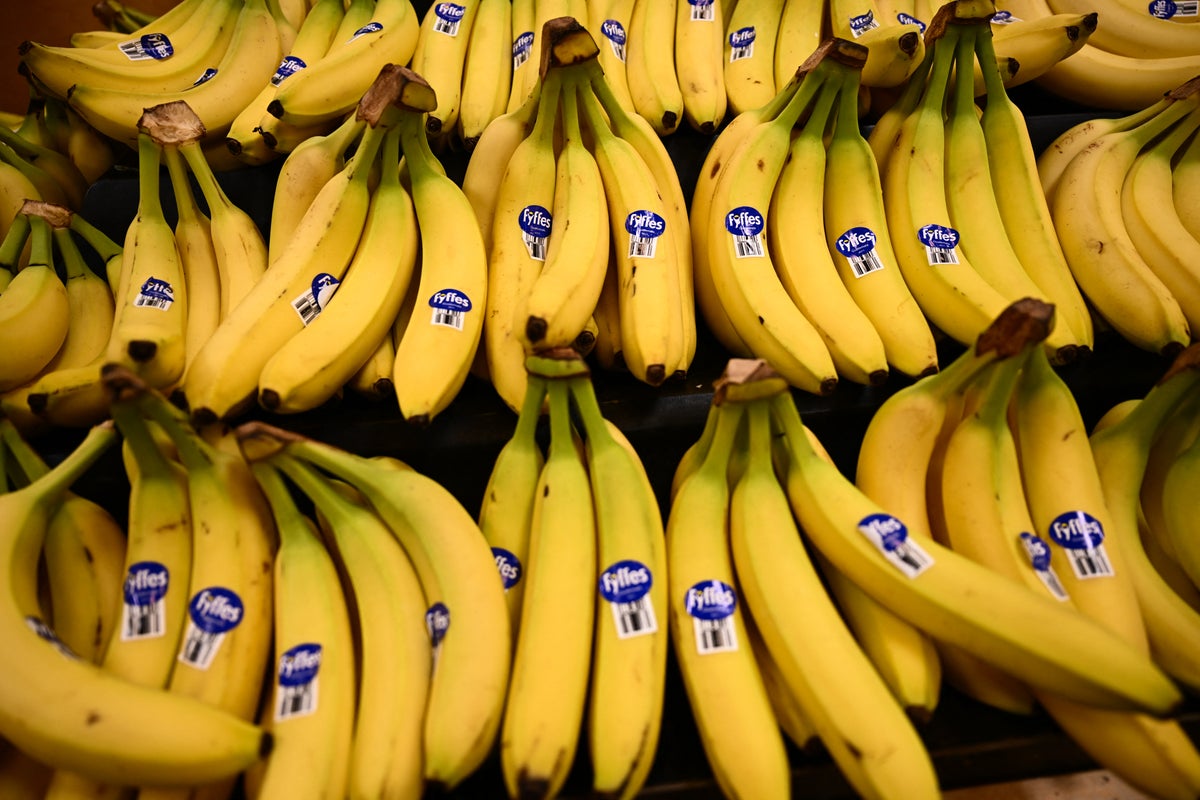Your support helps us to tell the story
From reproductive rights to climate change to Big Tech, The Independent is on the ground when the story is developing. Whether it’s investigating the financials of Elon Musk’s pro-Trump PAC or producing our latest documentary, ‘The A Word’, which shines a light on the American women fighting for reproductive rights, we know how important it is to parse out the facts from the messaging.
At such a critical moment in US history, we need reporters on the ground. Your donation allows us to keep sending journalists to speak to both sides of the story.
The Independent is trusted by Americans across the entire political spectrum. And unlike many other quality news outlets, we choose not to lock Americans out of our reporting and analysis with paywalls. We believe quality journalism should be available to everyone, paid for by those who can afford it.
Your support makes all the difference.Read more
Eating leafy greens and foods such as bananas may cut the risk of heart disease, irregular heartbeats and death by up to a quarter, a new study has shown.
Potassium-rich foods, such as salmon, broccoli and spinach, can help your body eliminate more salt from your system and reduce the likelihood of heart-related illnesses by 24 per cent.
In the study, researchers investigated whether removing excess sodium from the bloodstream, which is known to increase the risk of cardiovascular disease, could help lower that risk.
The study found that, overall, higher potassium levels in the blood were linked to a significantly reduced risk of heart events, hospital stays or death from any cause.
The study’s lead author, professor Henning Bundgaard from Copenhagen University hospital, said: “The human body evolved on a potassium-rich, sodium-poor diet – when we were born and raised on the savannah and eating [fruit and vegetables],” according to The Guardian.
“We 1756552626 tend to go to [a] modern diet that is processed foods and, the more processed, we see more and more sodium in the food and less potassium, meaning that the ratio between the two has changed from 10:1 to 1:2 – a dramatic change.”

open image in gallery
Professor Henning Bundgaard said a low intake of potassium-rich foods can increase the risk of arrhythmias, heart failure and death (Getty Images/iStockphoto)
Potassium is vital for the functioning of the heart, he said, and a low intake can increase the risk of arrhythmias, heart failure and death.
The study trialled 1,200 patients with implantable defibrillators, assigning 600 of them to diets rich in potassium, and low in meat, which is rich in potassium, but also in sodium. The results were presented at Madrid’s European Society of Cardiology congress, the world’s largest heart conference.
Professor Bundgaard said: “With a broader view we can say that higher dietary intake of potassium may not only benefit patients with heart disease but probably all of us, so maybe we should all reduce sodium and increase potassium content in our food.”
In April, a study published in the American Journal of Physiology-Renal Physiology found that eating more potassium can also lower blood pressure.
Anita Layton, one of the study’s authors, said: “Our research suggests that adding more potassium-rich foods to your diet such as bananas or broccoli might have a greater positive impact on your blood pressure than just cutting sodium.”

